Aluminium flat bar bending is a process used in a variety of industries, ranging from construction to manufacturing. Its versatility and durability have made it a popular choice for many applications. In this article, we will explore the benefits of aluminium flat bar bending and how it can be a valuable asset to businesses. One of the key advantages of aluminium flat bar bending is its lightweight nature. Compared to other metals, such as steel, aluminium is much lighter, making it easier to handle and transport. This is especially advantageous in industries where weight is a significant factor, such as aerospace and automotive manufacturing. The lightweight nature of aluminium also means that less material is required to achieve the desired strength, leading to cost savings for businesses. Another benefit of aluminium flat bar bending is its corrosion resistance.
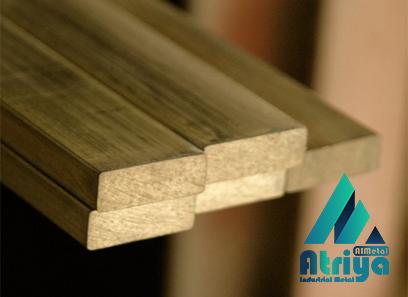
.
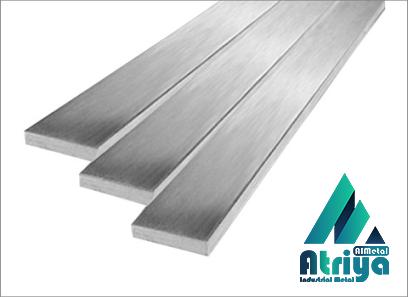 Aluminium forms a natural oxide layer on its surface, which provides a protective barrier against corrosion. This makes it an excellent choice for outdoor applications or environments with high humidity or exposure to chemicals. Businesses can rely on aluminium flat bar bending to provide long-lasting and maintenance-free solutions, reducing the need for frequent repairs or replacements. Furthermore, aluminium flat bar bending offers excellent flexibility and formability. It can be easily shaped and manipulated without compromising its structural integrity. This makes it ideal for creating custom designs and complex shapes, giving businesses the freedom to innovate and meet specific project requirements.
Aluminium forms a natural oxide layer on its surface, which provides a protective barrier against corrosion. This makes it an excellent choice for outdoor applications or environments with high humidity or exposure to chemicals. Businesses can rely on aluminium flat bar bending to provide long-lasting and maintenance-free solutions, reducing the need for frequent repairs or replacements. Furthermore, aluminium flat bar bending offers excellent flexibility and formability. It can be easily shaped and manipulated without compromising its structural integrity. This makes it ideal for creating custom designs and complex shapes, giving businesses the freedom to innovate and meet specific project requirements.
..
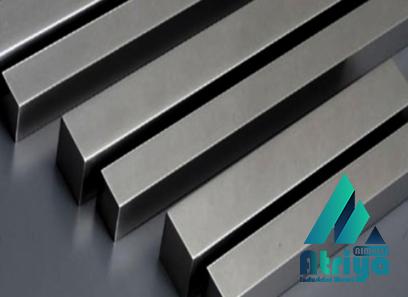 Whether it’s for architectural purposes or intricate components in machinery, aluminium flat bar bending allows for limitless possibilities. In terms of sustainability, aluminium is a highly recyclable material. It can be melted down and reused without losing its properties, making it an environmentally friendly choice for businesses concerned with reducing their carbon footprint. Additionally, the energy required to recycle aluminium is significantly lower compared to the energy needed to produce primary aluminium, further contributing to its sustainable reputation. When it comes to cost-effectiveness, aluminium flat bar bending offers several advantages. As mentioned earlier, the lightweight nature of aluminium reduces transportation costs. Additionally, its corrosion resistance leads to reduced maintenance expenses.
Whether it’s for architectural purposes or intricate components in machinery, aluminium flat bar bending allows for limitless possibilities. In terms of sustainability, aluminium is a highly recyclable material. It can be melted down and reused without losing its properties, making it an environmentally friendly choice for businesses concerned with reducing their carbon footprint. Additionally, the energy required to recycle aluminium is significantly lower compared to the energy needed to produce primary aluminium, further contributing to its sustainable reputation. When it comes to cost-effectiveness, aluminium flat bar bending offers several advantages. As mentioned earlier, the lightweight nature of aluminium reduces transportation costs. Additionally, its corrosion resistance leads to reduced maintenance expenses.
…
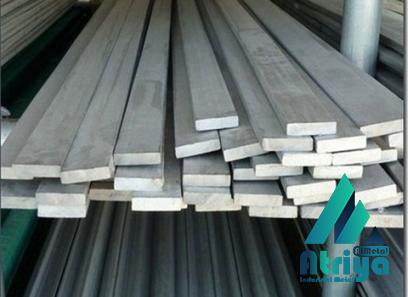 Moreover, aluminium’s recyclability means that businesses can potentially save on material costs by using recycled aluminium instead of purchasing primary aluminium. In conclusion, aluminium flat bar bending is a valuable asset to businesses in various industries. Its lightweight nature, corrosion resistance, flexibility, and recyclability make it an attractive choice for applications where weight, durability, and sustainability are crucial. Moreover, aluminium flat bar bending offers cost savings through reduced transportation, maintenance, and material expenses. As businesses continue to seek innovative and sustainable solutions, aluminium flat bar bending provides a reliable and practical option for meeting their needs.
Moreover, aluminium’s recyclability means that businesses can potentially save on material costs by using recycled aluminium instead of purchasing primary aluminium. In conclusion, aluminium flat bar bending is a valuable asset to businesses in various industries. Its lightweight nature, corrosion resistance, flexibility, and recyclability make it an attractive choice for applications where weight, durability, and sustainability are crucial. Moreover, aluminium flat bar bending offers cost savings through reduced transportation, maintenance, and material expenses. As businesses continue to seek innovative and sustainable solutions, aluminium flat bar bending provides a reliable and practical option for meeting their needs.

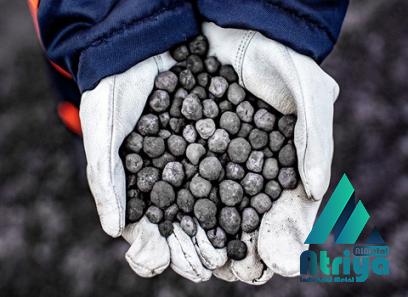
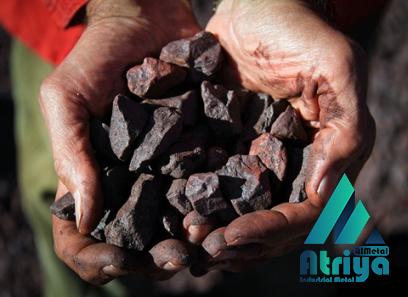
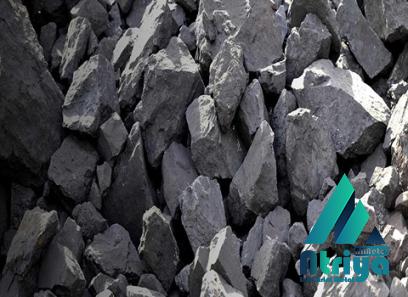
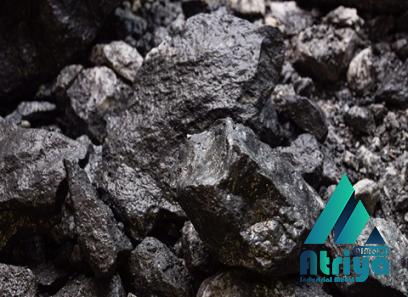
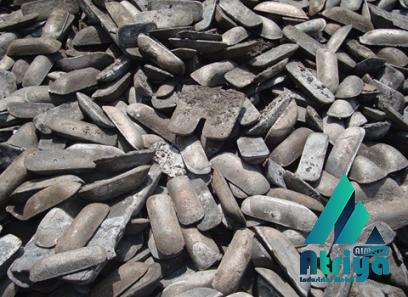
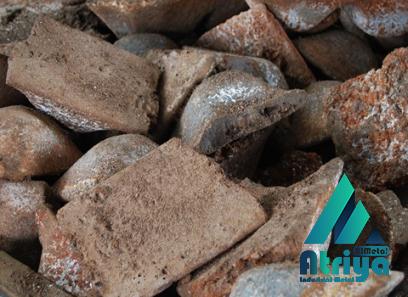
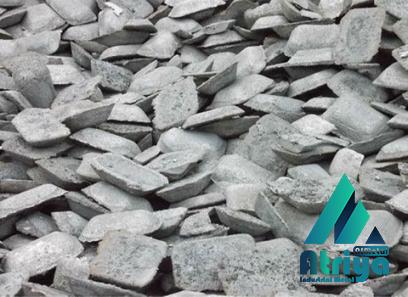
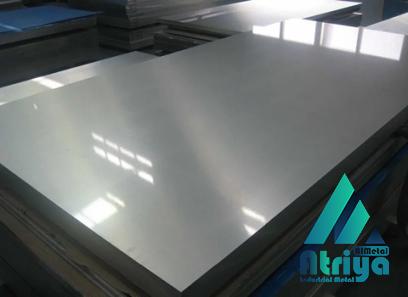
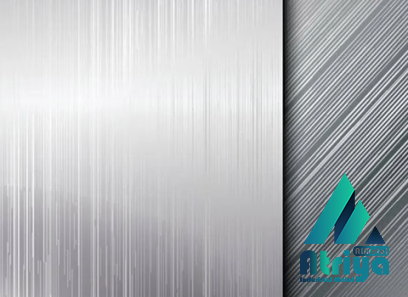
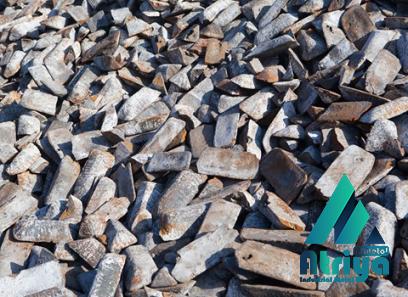
Your comment submitted.